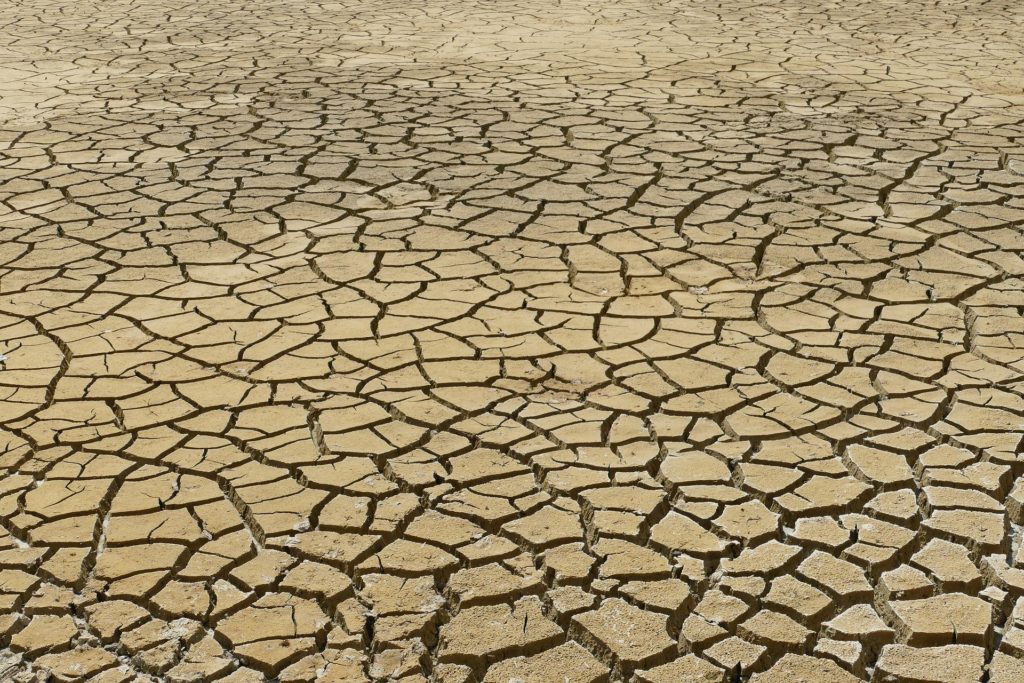
Due to the early heat, the number of heat-related patients increased 2.8 times compared to the same period last year. Heat illness is an acute illness caused by heat, and heat stroke and heat exhaustion are typical examples. Therefore, even if you do not feel thirsty in summer when the temperature is high, you should drink water regularly and frequently to prevent dehydration.
During the summer months, especially during exercise, it is easy to become dehydrated. Severe dehydration can lead to loss of consciousness and a coma. Further, “I warn you that if you do not get adequate hydration when you are dehydrated, it can lead to acute renal failure and even death. Here are 7 signs of dehydration when your body lacks water.
1. Thirst and Bad Breath
Dehydration occurs when you excrete more water than you consume. The most common and first symptom of dehydration is thirst. Even a 2% decrease in the amount of water in the body starts to feel thirsty. If you don’t get enough water, your mouth will become dry as well as thirst and lack of saliva. Saliva originally has an antibacterial action, but when the secretion of saliva decreases and the mouth dries, the bacteria in the oral cavity increases, resulting in severe bad breath. It is the same principle that smells in your mouth when you wake up from sleep.
2. Hunger
When your body is dehydrated, you feel hungry, especially when you are looking for carbohydrates. This is because it is easy to mistake thirst for hunger due to lack of water. Since this often happens during exercise, if you are suddenly hungry right after exercise, it may be a sign that you need to drink more water than food.
3. Headache and Dizziness
Headache is one of the most common symptoms of dehydration. Lack of water prevents sufficient blood and oxygen supply to the brain. This is because 70-80% of brain tissue is composed of water. Even a 1.5% lack of water in the body can lead to a decrease in concentration and memory and a headache.
4. Drowsiness and Fatigue
One of the main symptoms of dehydration is drowsiness. If you don’t feel sleepy even after a good night’s sleep, it could be a sign of dehydration. If you don’t drink much water, you’re more likely to be chronically dehydrated. In such a situation, it is difficult to use the head and to be physically active, because the lack of water in the muscles prevents them from functioning properly. If you’re feeling tired, it could be a sign that you need water rather than caffeinated drinks.
5. Dark urine color
If your urine is dark in color without taking vitamins, it may be a sign that you need to drink water urgently. In order to maintain the amount of water in the body, our body reduces the amount of sweat, saliva, or urine when there is not enough water. Therefore, if the urine volume is decreased and the color is dark, dehydration should be suspected. Reduced urine output can also cause problems with the system that flushes bacteria out of the body, increasing the risk of cystitis.
6. Abnormalities in the digestive system such as heartburn and constipation
Our body also needs water for digestion. Lack of water in the body also reduces the production of digestive juices, which increases the risk of gastrointestinal diseases such as gastritis and gastric ulcer. In this case, heartburn symptoms may worsen at dawn when hydration is not performed for a long time. In addition, if there is not enough water in the body, it can interfere with bowel movements and cause constipation.
7. Muscle Cramps
There are times in the morning when the calf muscles are suddenly stiff and cramps occur and you wake up with pain. If these “night leg cramps” occur for no apparent reason, you may be dehydrated. When there is a lack of water, the blood becomes sticky and the blood does not flow smoothly.
When our body stops blood flow, it stops supplying blood from parts of the body that are considered relatively less important. The representative part is the ‘leg muscles’. #If you don’t drink enough water, the blood supply from the leg muscles is cut off, which can cause cramps.








